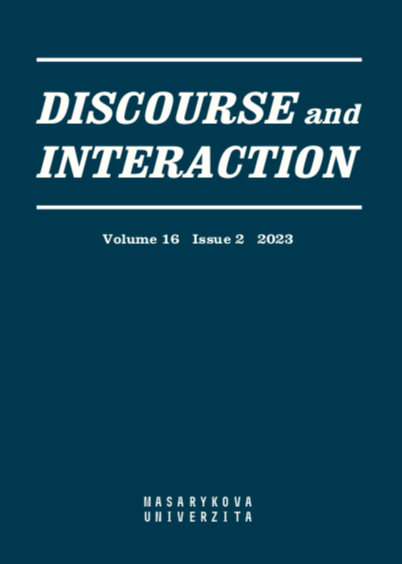Tt’s complicated: the relationship between lexis, syntax, and proficiency
Tt’s complicated: the relationship between lexis, syntax, and proficiency
Author(s): Christopher WilliamsSubject(s): Language and Literature Studies, Foreign languages learning, Theoretical Linguistics, Applied Linguistics, Syntax, Lexis, Pragmatics, Stylistics
Published by: Masarykova univerzita nakladatelství
Keywords: syntactic complexity; lexical complexity; writing proficiency
Summary/Abstract: This paper explores the relationship between lexical and syntactic complexity measures and proficiency in L2 English argumentative essays written by L1 Czech high school students. Syntactic complexity is generally understood as referring to the “range and sophistication” (Ortega 2015) of grammatical constructions, whereas lexical complexity can refer to the range and frequency of the words used. The research used 100 essays written by final year high school students. Lexical complexity was analysed using the Lexical Complexity Analyzer (Ai & Lu 2010, Lu 2012), syntactic complexity using the L2 Syntactic Complexity Analyzer (Lu 2010, 2014) and Biber et al.’s (2011) hypothesised developmental stages for complexity framework. Despite a large number of measurements failing to produce any significant patterns, positive correlations were found between lexical diversity measures and vocabulary scores. Similarly, Mean Length of Clause (MLC) and Complex nominals per clause (CN/C) showed weak positive associations with grammar scores, as did Stage 5 of the developmental stages. The findings provide an insight into the kinds of complexity features that can be given more focus during instruction and underscore the potential of these measures as determinants of proficiency.
Journal: Discourse and Interaction
- Issue Year: 16/2023
- Issue No: 2
- Page Range: 124-144
- Page Count: 21
- Language: English

